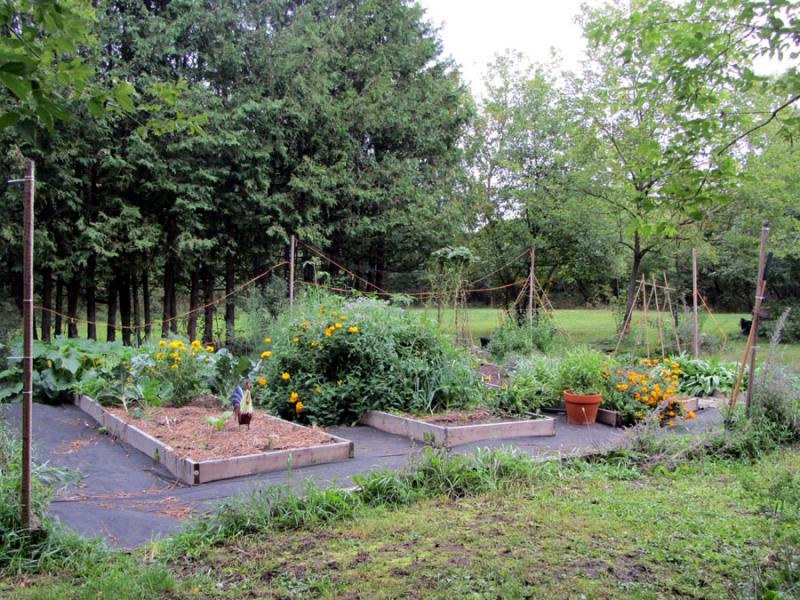Growing CommUnity With Aloe Blacc

With this goal in mind, Blacc teamed up with Quetzal Flores, Veronica Gonzalez, Maya Jupiter and Alberto Lopez to found Artivist Entertainment—an independent entertainment company “dedicated to representing artists whose art and music inspire positive social change.”
Artivist hosted Blacc and Ted Talks speaker, Ron Finley, for "Growing CommUnity," in South Central, Los Angeles for a discussion about food apartheid and the gross food inequality in L.A. on Sunday.
According to Ron Finley, a self-described “renegade gardener” and long-time resident of South Central, food apartheid is when access to healthy food is limited to those fortunate enough to live in the nicer parts of town.
In Los Angeles, those cities like Beverly Hills, Hollywood and Santa Monica are better off, but residents in South Central are less fortunate.
Finley said getting a fresh, pesticide- and chemical-free tomato in South Central would often include a 30 to 45 minute car ride—a luxury most working South Central residents could never afford.
Instead, South Central community members face options that include McDonald’s, Burger King and Panda Express. Liquor stores are even more common, with new store fronts popping up all the time.
SEE ALSO: Health Food Trend Increasing In South Los Angeles
The lack of healthy food options disproportionately affects low-income households and communities of color. However, Artivist and its local partners in L.A. are working to improve the present food system. The solution has boiled down to something incredibly simple—gardens.
In L.A., Finley and non-profit group, LA Green Grounds have planted over thirty gardens in Los Angeles’ most impoverished communities-- and they are witnessing immediate positive effects. Finley said he sees the local gardening efforts as “a tool for the education, [and] a tool for the transformation” of South Central Los Angeles.
Ultimately, adopting healthy alternatives comes down to changing a culture that has grown accustomed to instant gratification—the kind that’s found in McDonald’s red and yellow plastic french fry containers—by bringing people back to the soil and back to the Earth.
“Gardening is the most therapeutic and defiant act you can do, especially in the inner city," said Finley. "Plus, you get strawberries."
Reach Staff Reporter Isabel Lanaux here.



